Eric Schmidt admits remote work has productivity benefits, but he still wants staff in the office
The tech exec came under fire earlier this year for criticizing Google’s remote work policies

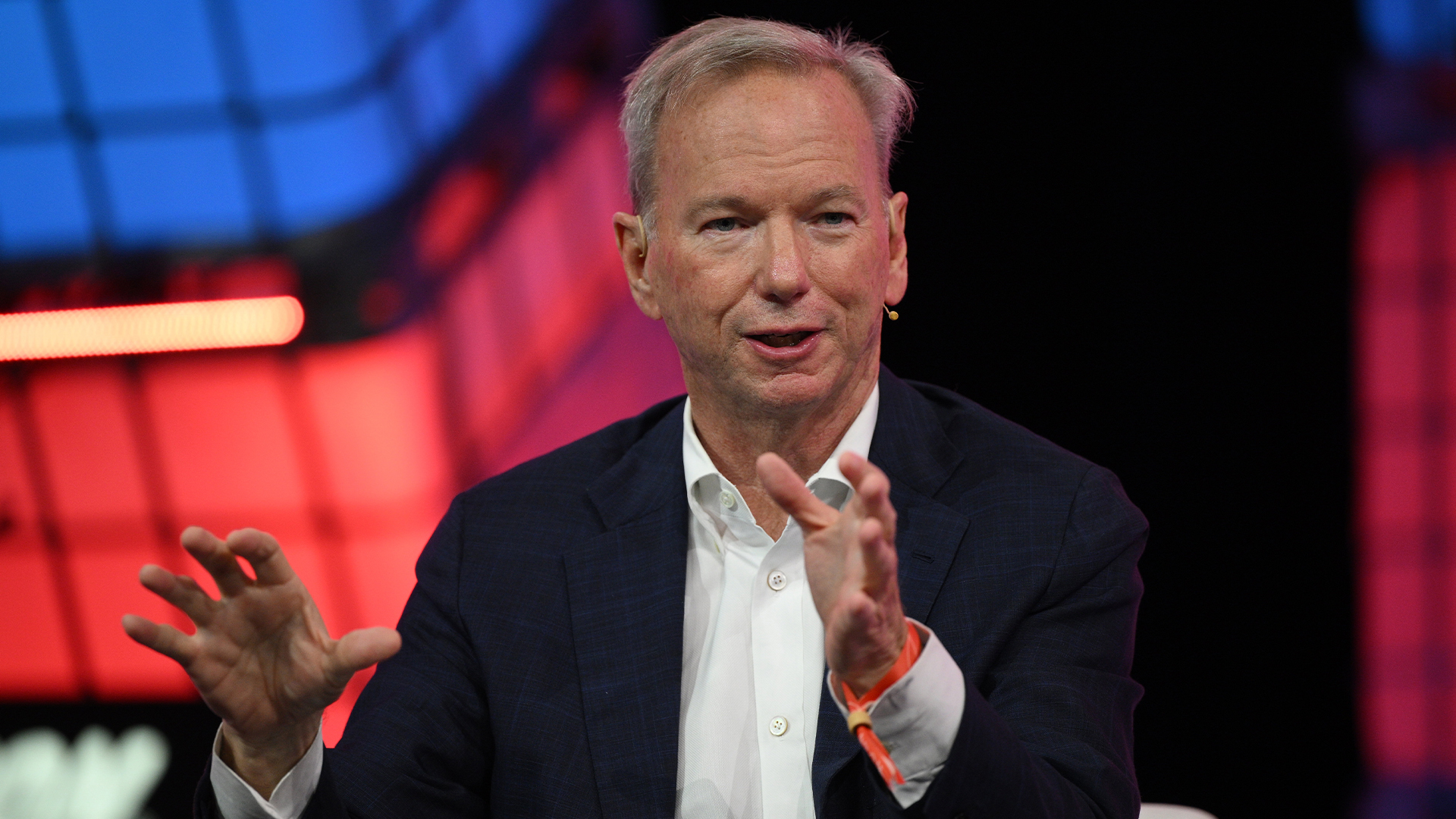
Former Google CEO Eric Schmidt has admitted that working from home (WFH) allowances can have a positive impact on productivity, though he still wants staff coming into the office from a personal standpoint.
Speaking on The Diary of a CEO podcast, Schmidt said that while he believes in the benefits of in-office work, data indicates that productivity is slightly higher when you allow WFH provisions.
“The data indicates that productivity is actually slightly higher in work when you allow work from home,” Schmidt told podcast host, Steven Bartlett.
“You and I really want that company of people sitting around the table and so forth, but the evidence does not support our view,” he added.
When pushed on the accuracy of this claim, Schmidt explained that the majority of companies are adopting hybrid work policies and that the evidence is there to support it.
“I'll tell you that, at least for the industries that have studied, there's evidence that allowing that flexibility [to] work from home increases productivity - I don't happen to like it, but I want to acknowledge the science is there,” Schmidt said.
Schmidt’s own view is that workers should be in an office, partly for their own benefit. He explained that when he was in his 20s as a young executive, he lacked a lot of knowledge that he learned by being present.
Sign up today and you will receive a free copy of our Future Focus 2025 report - the leading guidance on AI, cybersecurity and other IT challenges as per 700+ senior executives
“I learned by hanging out at the water cooler, going to meetings, hanging out, being in the hallway. Had I been at home, I wouldn't have any of that knowledge, which ultimately was central to my subsequent promotions,” Schmidt said.
“If you're in your 20s, you want to be in an office because that's how you're going to get promoted,” he added. This aligns with those who want WFH, Schmidt said, for whom the reasoning is often to do with commutes or families.
Schmidt's experiences as a young up-and-coming tech industry worker align closely with recent research into Gen Z employees and their own views on in-office attendance.
A recent study found that younger workers are eager to get back into the office more frequently to capitalize on potential mentoring opportunities, with many believing remote work is actively impacting their career growth.
Schmidt’s big backtrack
Schmidt delivered a very different viewpoint here to what he has expressed in previous public events. Earlier this year, the veteran exec fired shots at his previous employer over its WFH policies.
He claimed Google had lost ground in the AI race owing to lax remote working policies in a talk at Stanford University, saying the firm had prioritized work-life balance over winning.
"I'm sorry to be so blunt, but the fact of the matter is, if you all leave the university and go found a company, you're not going to let people work from home and only come in one day a week if you want to compete against the other startups,” he said.
RELATED WEBINAR

The video of the talk has since been removed and Schmidt went on to apologize after his comments sparked significant backlash from a range of industry stakeholders.
At the time, one expert told ITPro that productivity is dependent on a wide variety of reasons and is not the sole factor in productivity.

George Fitzmaurice is a former Staff Writer at ITPro and ChannelPro, with a particular interest in AI regulation, data legislation, and market development. After graduating from the University of Oxford with a degree in English Language and Literature, he undertook an internship at the New Statesman before starting at ITPro. Outside of the office, George is both an aspiring musician and an avid reader.
-
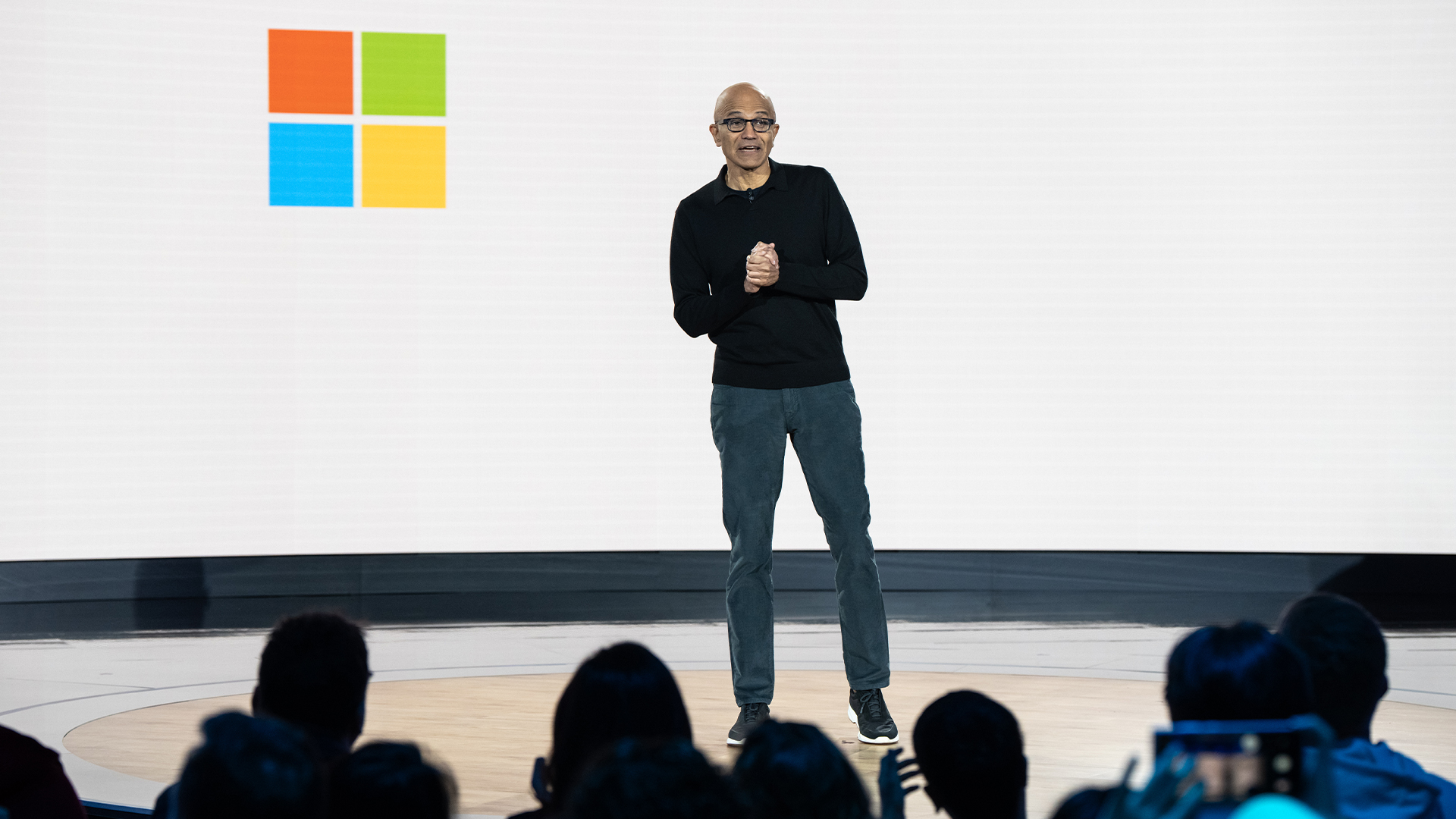 Microsoft CEO Satya Nadella says UK ties are 'stronger than ever' as tech giant pledges $30bn investment
Microsoft CEO Satya Nadella says UK ties are 'stronger than ever' as tech giant pledges $30bn investmentNews Microsoft CEO Satya Nadella says it's commitment to the UK is "stronger than ever" after the tech giant pledged $30bn to expand AI infrastructure and build a new supercomputer.
-
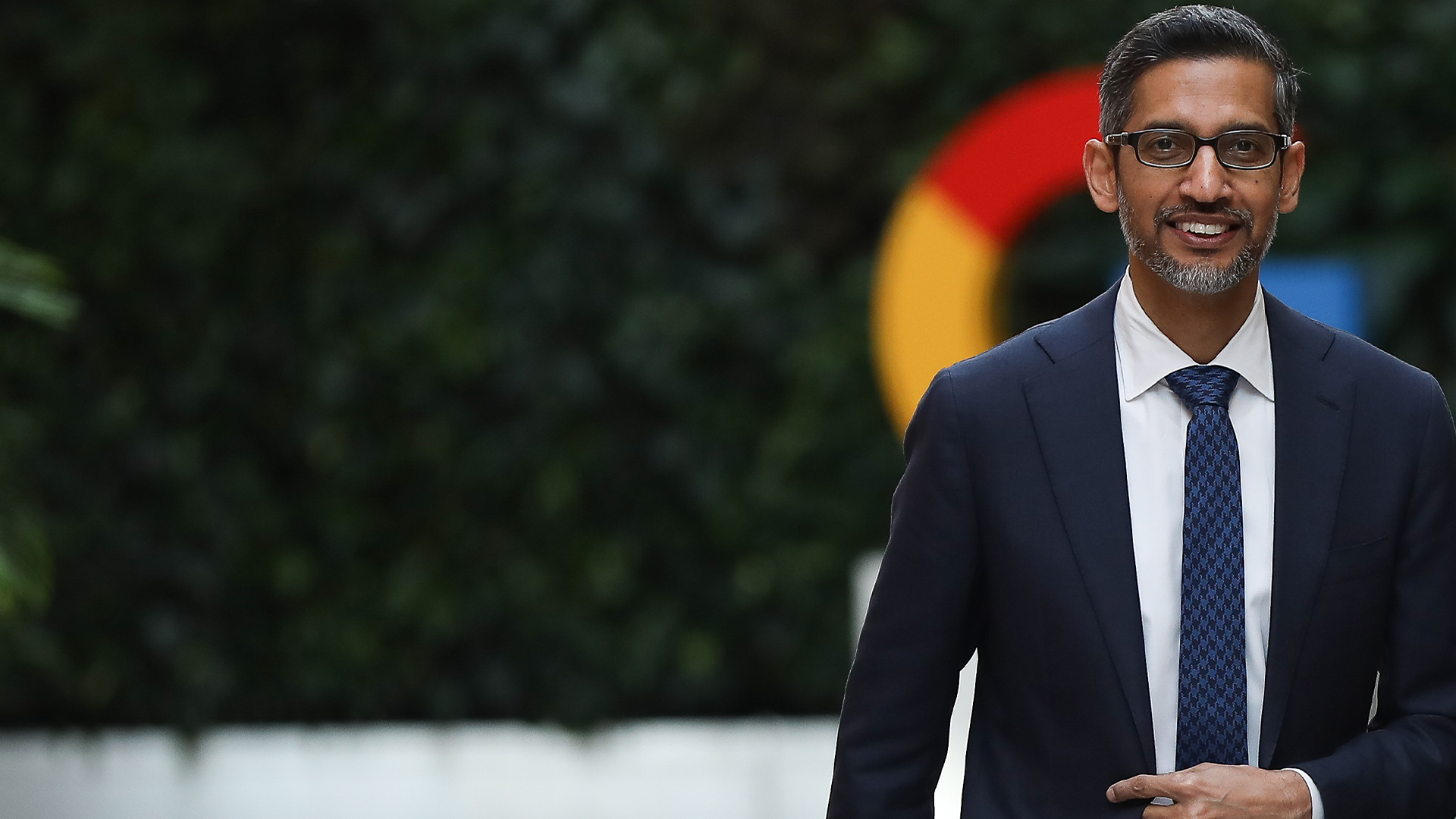 Alphabet to spend $10bn more this year on cloud kit — taking total to $85bn
Alphabet to spend $10bn more this year on cloud kit — taking total to $85bnNews Google tops up AI and cloud infrastructure spending amid AI boom and positive results
-
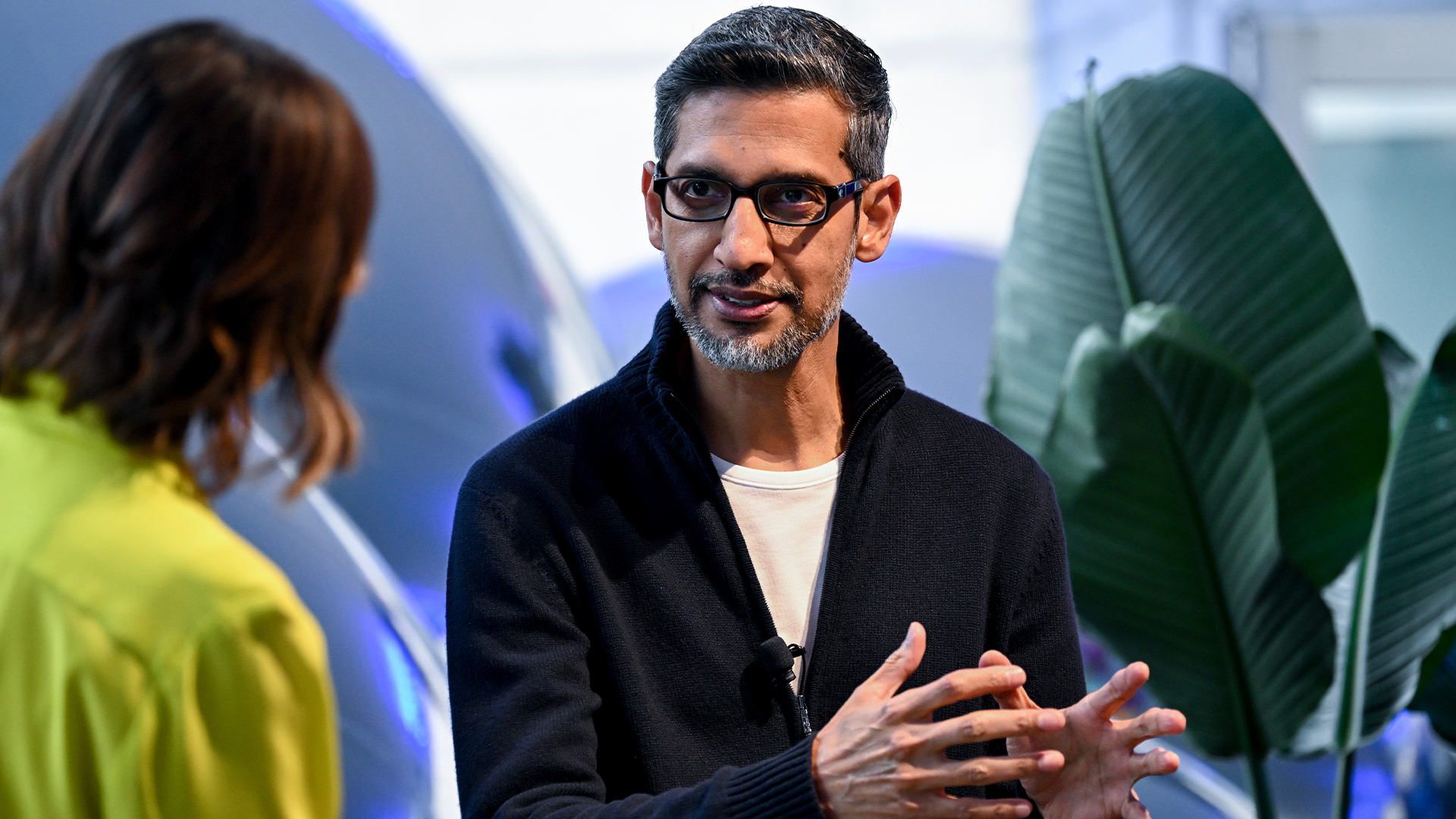 Google CEO Sundar Pichai is unfazed by AI job cuts — workers might not share the same optimism
Google CEO Sundar Pichai is unfazed by AI job cuts — workers might not share the same optimismAnalysis Google CEO Sundar Pichai is upbeat about the impact of AI on the workforce, but workers might not share the same optimism amid repeated waves of job cuts.
-
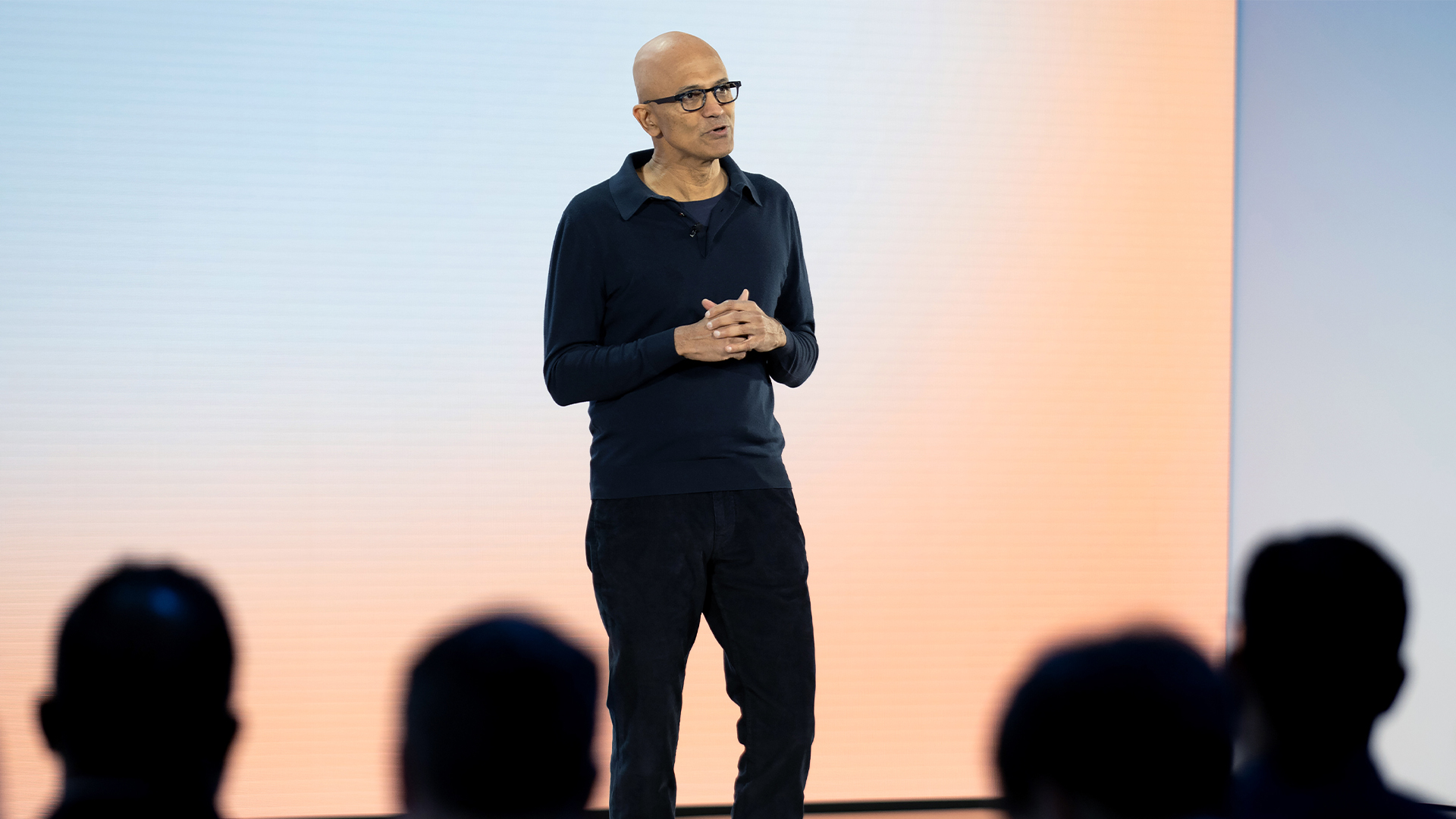 Microsoft workers face a fresh round of layoffs – here’s who could be impacted
Microsoft workers face a fresh round of layoffs – here’s who could be impactedNews Microsoft will cut 6% of its workforce, equivalent to around 6,000 workers, as part of its latest cost-cutting drive.
-
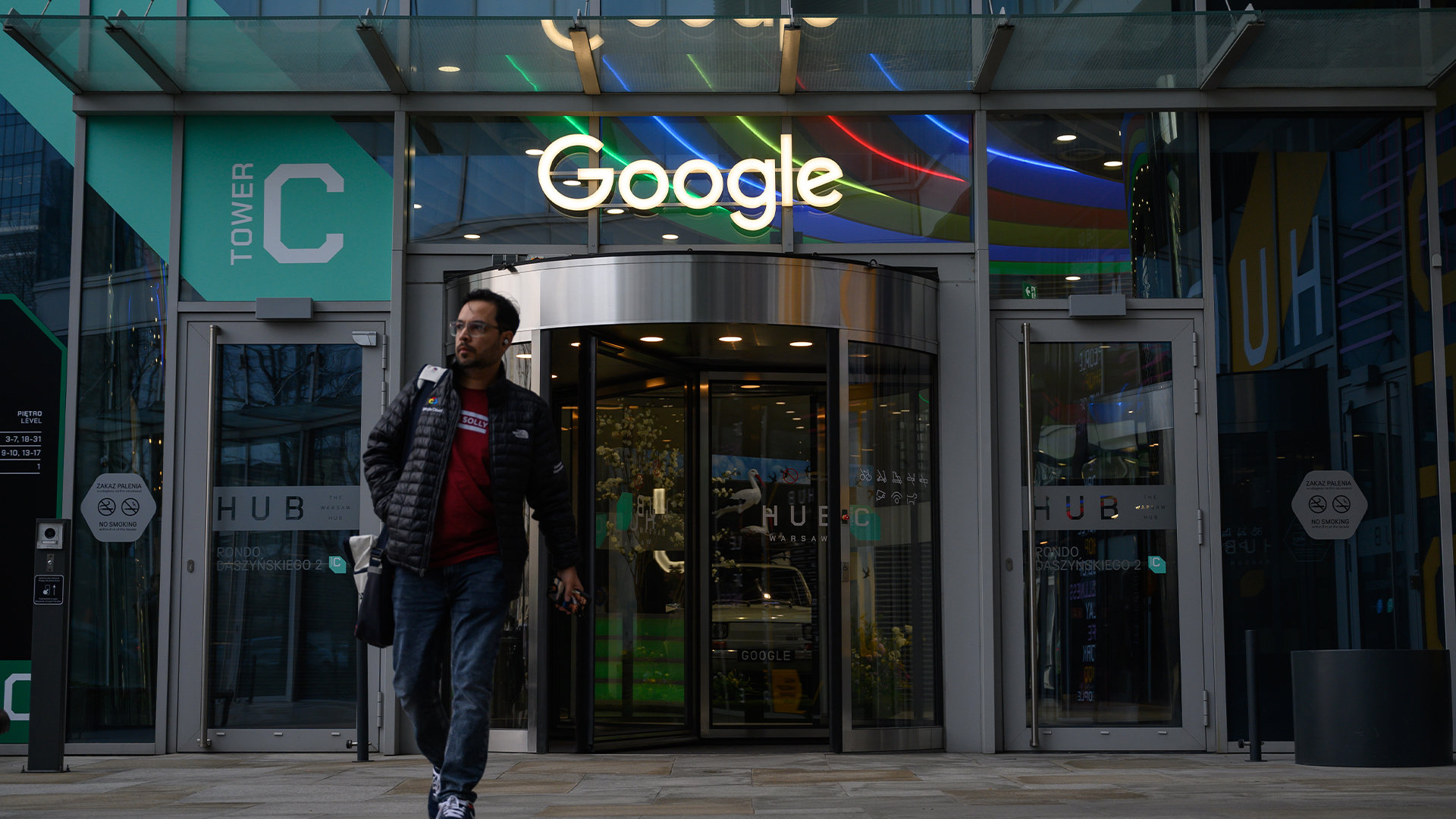 Google tells some remote workers to return to the office or risk losing jobs
Google tells some remote workers to return to the office or risk losing jobsNews Google has warned remote workers will need to return to the office or else lose their jobs, according to reports.
-
 Google breakup plans would ‘hurt America’s consumers, economy, and technological leadership’, senior exec claims
Google breakup plans would ‘hurt America’s consumers, economy, and technological leadership’, senior exec claimsNews Google has struck back against US regulators, claiming that plans to dismantle the company would "hurt the economy".
-
 Google faces 'first of its kind' class action for search ads overcharging in UK
Google faces 'first of its kind' class action for search ads overcharging in UKNews Google faces a "first of its kind" £5 billion lawsuit in the UK over accusations it has a monopoly in digital advertising that allows it to overcharge customers.
-
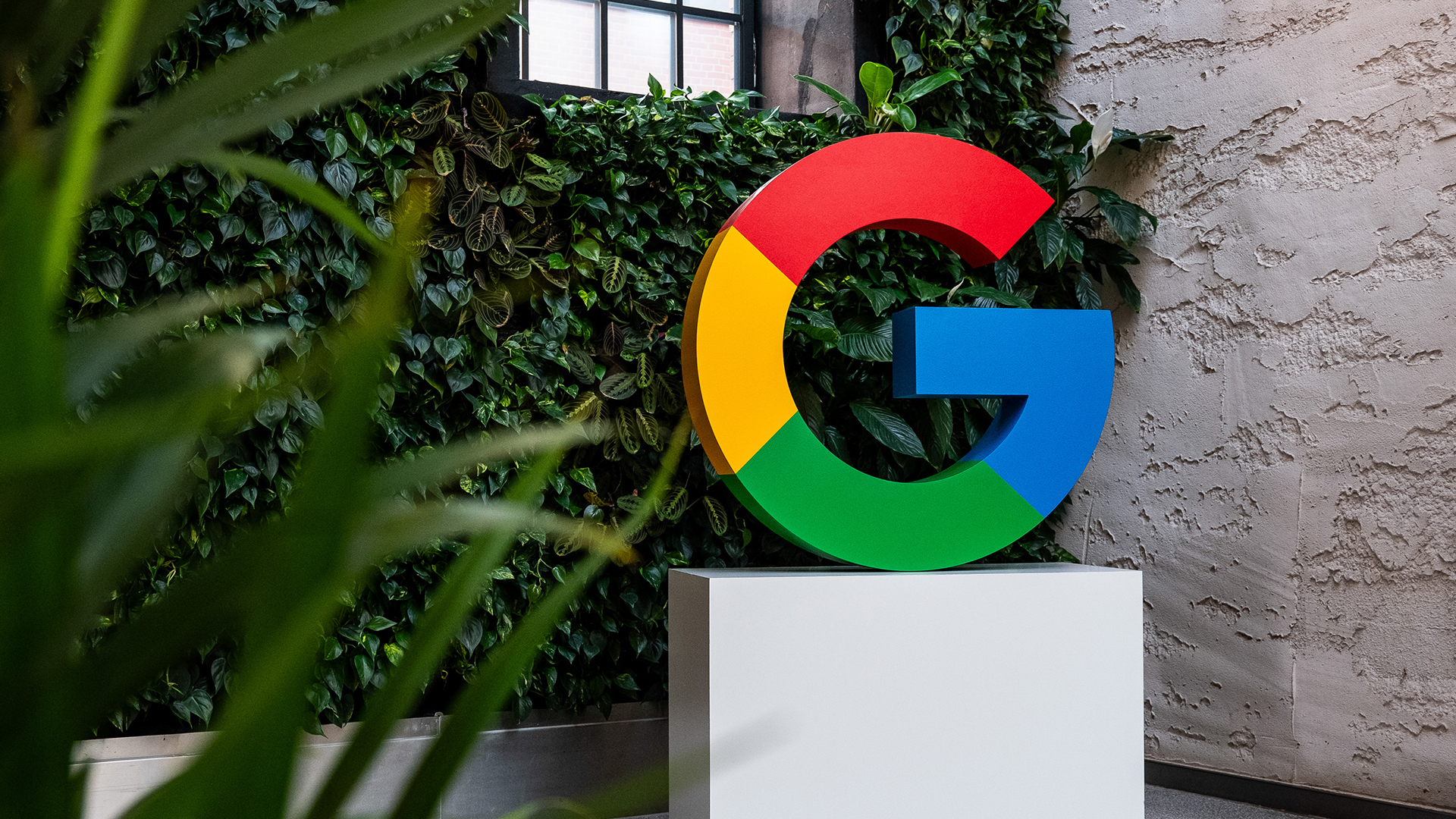 Google just released a new AI agent for data scientists on Colab, and it’s free to use
Google just released a new AI agent for data scientists on Colab, and it’s free to useNews Google Labs has made Data Science Agent available to all Colab users in a bid to help developers speed up application design.

